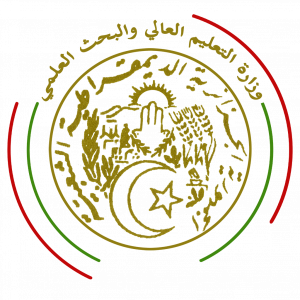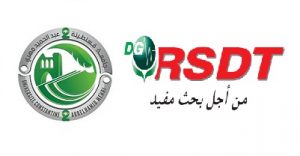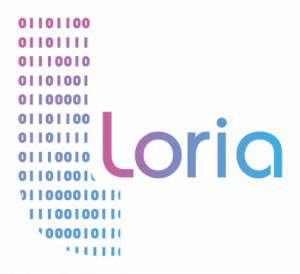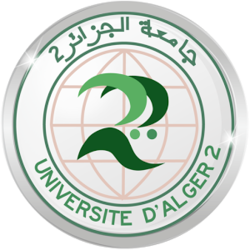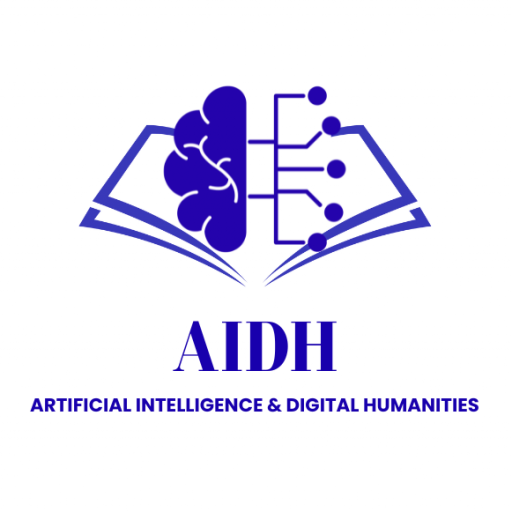Address
304 North Cardinal St.
Dorchester Center, MA 02124
Work Hours
Monday to Friday: 7AM - 7PM
Weekend: 10AM - 5PM
The Information Science and DH division at the Research Center on Scientific and Technical Information is delighted to announce the organization of the International Conference on Artificial and Digital Humanities: Issues, practices and directions. This is an interdisciplinary event that aims at bringing together researchers, scholars and practitioners from all related disciplines to share investigations and experiences in the transformative intersection of AI and DH.
Conference objectives The rise of AI is revolutionizing research, analysis, preservation, and mediation practices in the humanities and social sciences. At the same time, digital humanities offer fertile ground for experimenting with new tools, methods, and critical perspectives on linguistic, historical, cultural, and heritage data. However, in the Algerian context, as in many Arab, African and Mediterranean countries, local knowledge, heritage corpora, national languages, and forms of thought stemming from the social sciences and humanities remain underrepresented in the major international dynamics of the digital humanities and AI. This first edition of the conference, to be held in Algiers in October 2026, aims to raise awareness and give visibility to the research, practices, and issues specific to these regions. It offers a space for interdisciplinary dialogue between researchers, engineers, heritage professionals, artists, librarians, linguists, and computer scientists to explore together the critical, epistemological, and creative potential of AI applied to the humanities, with a particular focus on countries and communities that are underrepresented in these fields.
• AI-driven text analysis and Natural Language Processing in humanities research
• Digital preservation and restoration of cultural heritage using AI
• AI applications in archaeology, history, and archival studies
• AI in social memory and trauma studies
• AI in creative and cultural practices: literature, art, music, and performance
• Bias, representation and stereotyping in AI-generated cultural content
• AI in critical/computational cultural studies
• Digital storytelling, immersive and interactive experiences (VR/AR,
gamification)
• AI-enhanced pedagogy and digital learning in the humanities
• AI for audience engagement, participatory humanities and public cultural
practices
• Multilingualism and low-resource languages in digital humanities (corpora,
resources and tools)
• Data creation, curation, annotation and sharing for humanities and heritage
• Multimodal cultural datasets (text, image, sound, video) and their challenges
• Computational methods for historical and diachronic analysis
• Knowledge graphs, ontologies, data modeling and semantic technologies
• Collaborative platforms and infrastructures for interdisciplinary research
• Interdisciplinary collaboration: models, challenges and best practices
• Evaluation frameworks and benchmarks for humanities AI applications
• Ethical challenges and responsible AI in the humanities
• Legal frameworks, intellectual property, and data governance in cultural contexts
• Policy, governance, and risk mitigation in AI adoption
• Environmental sustainability of AI infrastructure in humanities research
• Decolonial AI, local knowledge systems, and inclusive digitization
• Global South perspectives on AI and digital humanities
Prospective authors for the main conference and the special session are invited to submit original papers via the CMT platform trough the link:
https://cmt3.research.microsoft.com/AIDH2026/
A microsoft CMT account is necessary to submit a paper.
Manuscripts must be in A4 format using the official IEEE Word or LaTeX templates link. Full papers are limited to 8 pages, and posters to 4 pages. Submissions must meet IEEE formatting and quality standards, accepted papers will be submitted for indexing in IEEE Xplore.
NLP and impact of LLMs for regional low-resourced languages: information TBA.
demonstration of tools

